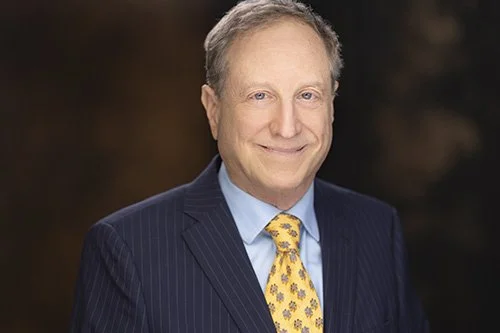
Welcome to FDA Matters
One of FDA Matters’ recurring themes is the importance of FDA inspections and enforcement activities. Today’s column (“Me, FDA, and Maybe the Mafia”) focuses on a personal story and is dedicated to the brave inspectors and investigators who never know what they will find or who they will be dealing with during an inspection or criminal enforcement.
The story reflects FDA’s history as a struggle of competing interests. Sometimes reasonable people disagree. At other times, it is obvious that indifference or greed are the driving forces.
After all of these years, I still can’t say for sure whether my story involved reasonable people or dark forces.
My first recollection of the artificial sweetener, saccharin (distributed under the brand name “Sweet‘N Low”) was a 1977 visit to the House health subcommittee’s staff office. It was overflowing with boxes that contained letters begging Congress to prevent FDA from removing saccharin from the marketplace.
This week’s FDA Matters column, entitled “FDA is Built on Predictability and Expertise, Not Norm-Breaking,” can be found here.
My position has been “whatever you think of the specific policies and actions that Commissioner Makary is pursuing, and 2/ whatever you think of his leadership and management styles....we must speak our truth AND YET also make clear that we support his leadership of FDA.”
Unfortunately, the situation at FDA has deteriorated over the last few weeks. The downside risk has increased greatly. To understand why, please read my column here.
-------
FDA Matters analyzes FDA policy and regulatory issues and advocates for a more effective, efficient, and fair FDA.
FDA Matters doesn't cover the news....we provide analysis of what's behind the news.
If you would like to subscribe (free), you can do so on our website
FDA Matters subscribers often start their week with my Q&A Monday column. To join them, you can subscribe (free) at www.fdamatters.com.
A substantial amount of new information surfaced during the often quiet Thanksgiving week, so I wanted to share an edited and updated version of yesterday’s (December 1) Q&A column.
This column addresses four issues:
Commissioner Makary’s standing with the White House and HHS and what would likely happen if he quit or was pushed out,
food policy priorities and the relative lack of urgency on hunger and food safety relative to other goals,
Dr. Pazdur disagreements with the Commissioner and why it has resulted in today’s retirement announcement, and
CDC’s implied support of a vaccine/autism connection and how anti-vaccine efforts have now spread to FDA.
Steven’s Traditional Thanksgiving Message to the FDA Stakeholder Community
This week, many of us will be sitting down to a Thanksgiving dinner and talking about the parts of our lives for which we are grateful.
Consider adding thanks to FDA and its more than 15,000 diligent and dedicated staff. Because of them, we have confidence when we sit down for a meal or use a drug or medical device….
HAPPY THANKSGIVING TO ALL
Dr. Pazdur understands that--in this Administration---his becoming CDER director is not an endorsement of the status quo or a mere mandate to stabilize CDER leadership. He will have to deliver on the promises Commissioner Makary has made, including substantially reducing review times, integrating generative and performative AI into all CDER activities, invigorating orphan drug development, and embracing the National Priority Review Vouchers.
None of this is beyond Dr. Pazdur’s experience or prodigious leadership skills. The challenge will be to demonstrate to Commissioner Makary that “continuity and carefully-chosen precedent” are the friend, not the enemy, of the Commissioner’s ambitious agenda.
Latest Article:
FDA MATTERS HAS BEEN FEATURED IN:

Steven A. Grossman, JD, is the founder and author of FDA Matters. Read more about Steven here.
FDA Matters provides short-form analysis of FDA policy and regulatory issues. We know you are busy, so we publish 1 to 2 columns per week, each a 3-5 minute read.
FDA Matters does not report the news....we provide analysis of what's behind the news.
FDA Matters advocates for a more effective, efficient, and fair FDA.







